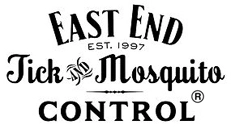Permethrin vs DEET
Summer is almost here, and that means spending more time outdoors. More outdoor time means more exposure to mosquitoes, ticks, and other biting insects. With the risk of pest-borne illnesses on the rise, we all want to choose the best possible product to repel the ticks and mosquitoes that spread them. Is There Anything Better
